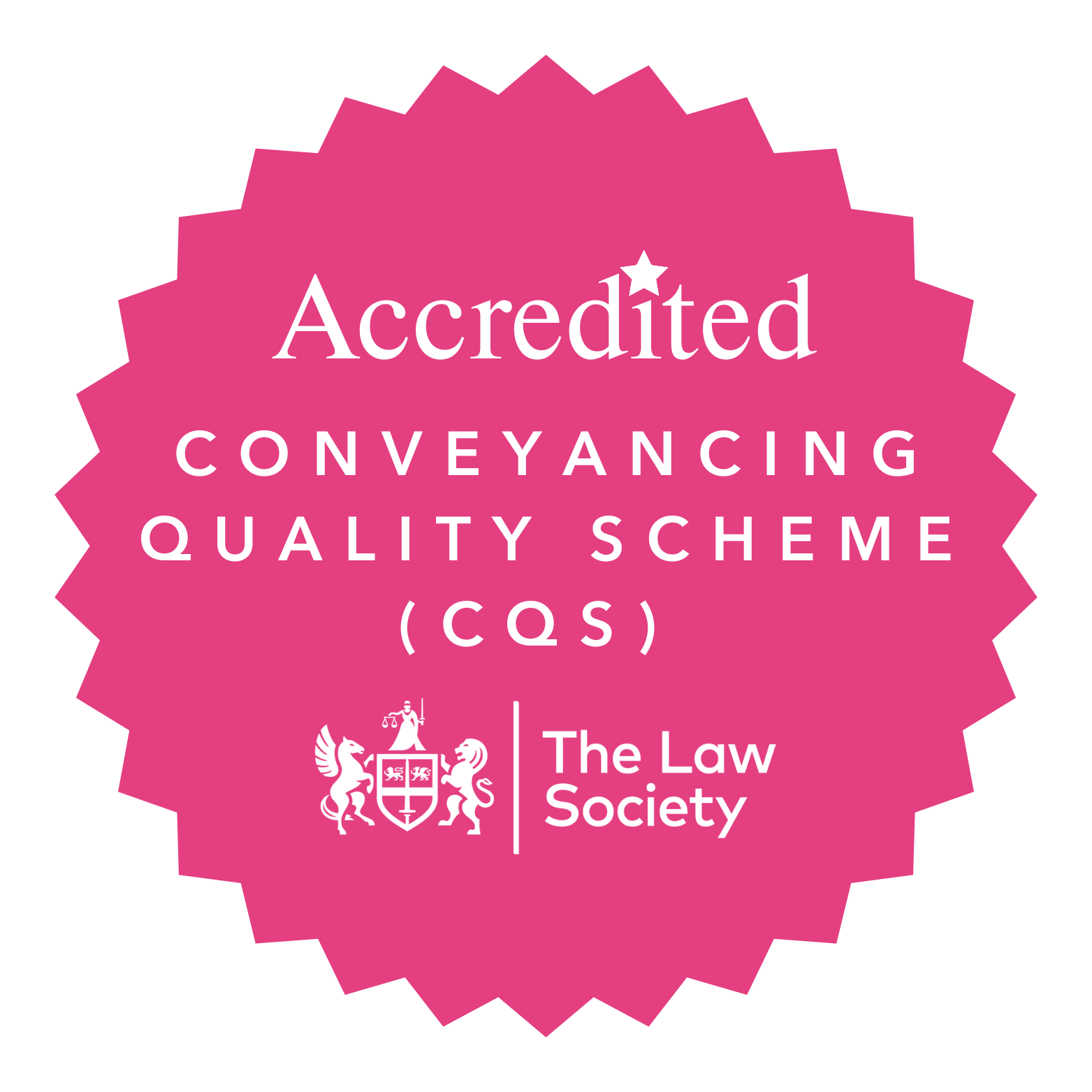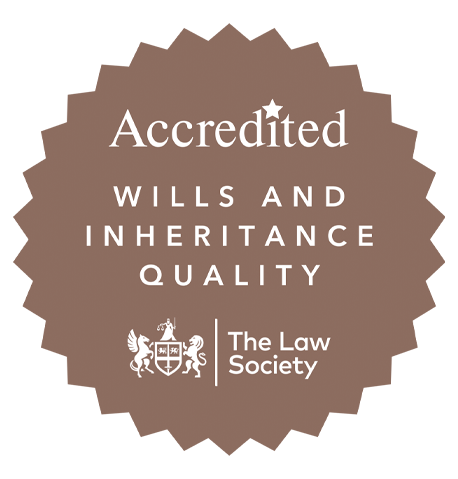Clients frequently come to us with questions regarding their Wills or whether they should make Wills. Our specialist legal advisors are accredited under the Law Society’s Wills and Inheritance Quality Scheme and provide a consistent and high standard of service to all our clients.
We list below the most common questions we get asked;
- What is a Will and should I make a Will?
- Can I make a Will myself?
- What happens if I do not make a Will?
- What happens if I marry or divorce?
- Can I alter my Will if I change my mind?
What is a Will and should I make a Will?
A Will is a legal document that outlines your wishes regarding the distribution of your estate (all your property, assets and belongings) and the guardians of your minor children (if you have any).
If you do not have a Will your estate will be distributed in accordance with the Rules of Intestacy.
It is a common misconception that only the wealthy or those with finances that are not straightforward need a Will; there are many other reasons to consider making one, such as:
- You can specify who you would like to look after your minor children – without a Will this will be decided by the Court and may not be what you want.
- You can maximise your Inheritance Tax allowance and other available reliefs.
- You can ensure that only those you would like to benefit from your estate do so and determine what each person should receive.
Once you decide you want to make your Will you should consider:
- Who you want to be your Executors?
- Do you want to give gifts of money or particular items to anyone specific or a charity?
- Who do you ultimately want to receive your estate?
- Who will look after any minor children?
To discover more about how we can help you, please make a no obligation enquiry by either calling us on 01297 32345 or by making a free online enquiry
Can I make a Will myself?
The short answer to this question is yes, you can write a Will yourself, but this is not advised.
There are various legal formalities that must be followed to ensure a Will is valid. If a Will is not valid your estate will be shared out according to the Rules of Intestacy, which might not be in line with your wishes or benefit those you would like to inherit from your estate.
You should especially seek advice from a legal advisor if you require advice on the tax implications of your estate or if your wishes for your Wills are not straightforward, for example:
- You share a property with someone, especially if you are not married to them.
- You have property or other assets overseas or your permanent home is outside the UK.
- You have a business.
- You feel family members who are not benefiting from your Will may make a claim.
- You have dependants, such as a child, who cannot care for themselves.
Choosing to make a Will without legal advice may result in mistakes or something not being clear which your Executor will have to sort out and pay any legal costs for doing so from your estate. You will also miss out on advice regarding your tax position and how you can make the most of the tax reliefs and options available to you.
To discover more about how we can help you, please make a no obligation enquiry by either calling us on 01297 32345 or by making a free online enquiry
What happens if I do not make a Will?
If you do not make a Will your estate is distributed by the Rules of Intestacy.
The Rules of Intestacy do not allow for the modern family relationships we often see today meaning many of your loved ones could miss out and not be protected by your finances. For example, the Rules of Intestacy do not make provision for unmarried couples and the surviving partner does not automatically inherit the property and possessions owned in the sole name of the deceased.
The Rules of Intestacy also only recognise natural and adopted children, meaning any stepchildren are not acknowledged. Having a Will enables you to make provision for them and to appoint a Guardian to look after your minor children if there is nobody with parental responsibility, rather than this being left to Social Services.
The best way to ensure everyone you wish inherits from your estate does so and that your minor children are in the care of someone you trust is to make a Will.
To discover more about how we can help you, please make a no obligation enquiry by either calling us on 01297 32345 or by making a free online enquiry
What happens if I marry or divorce?
Does getting married invalidate my Will?
If you have a valid Will in place before you get married this is automatically revoked and becomes no longer valid unless it is made in contemplation of marriage. If you do not make another Will then the Rules of Intestacy will apply and decide how your assets are distributed.
What happens to my Will if I get divorced?
Once the divorce is final, and the Decree Absolute has been pronounced, the Will remains valid but your ex-spouse will be “deemed deceased” and any gifts or appointment of Executor will lapse and be ignored.
It is important to make a Will prior to the divorce being finalised as until the Decree Absolute is pronounced your current Will remains valid so any gifts or appointments of Executor to your spouse will still apply even if you are separated or in the process of getting divorced. If you do not have a Will the Rules of Intestacy apply, which will still benefit your spouse.
You should seek advice regarding your Will or making a new Will the moment you consider separating or getting a divorce.
To discover more about how we can help you, please make a no obligation enquiry by either calling us on 01297 32345 or by making a free online enquiry
Can I alter my Will if I change my mind?
Amending a Will that has been already been executed with handwritten unattested amendments or crossings out should never be done or encouraged as this may cause it to become invalid. However, you can make a Codicil to modify part of a Will, although it is preferable to make a new Will at any time.
There are pros and cons to making a Codicil as, like making a Will, there are formalities for drafting and execution and if these are not followed it can cause the Codicil to be invalid or revoke the existing Will entirely. It can also become confusing and leave room for error if there are multiple Codicils to a Will, or a Codicil could go missing entirely, especially if it is not kept with the original Will.
If you want to make any amendments to your Will it is best to seek the help of a legal advisor.
To discover more about how ourlegal team can help you, please make a no obligation enquiry by either calling us on 01297 32345 or by making a free online enquiry.







